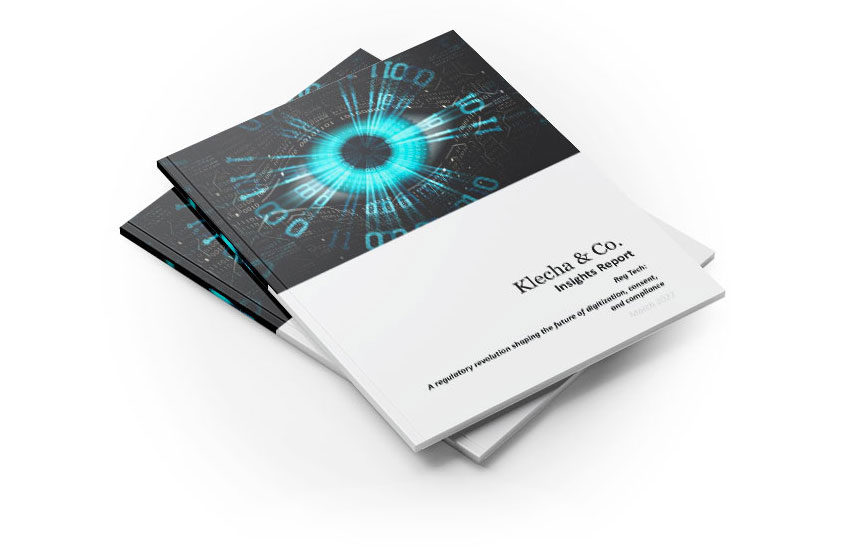Compliance has become a burden for businesses of all sizes as the regulatory landscape has somewhat become increasingly complex. It piques attention in automating regulatory change oversight, reporting, and financial fraud detection. Embracing technology that removes manual paper-based workflows and decreases the risk of human mistake appears to be critical in this regard.
As a result, RegTech solutions that handle the ever-changing compliance needs will become increasingly popular.
With an increasingly interconnected and risky ecosystem, the cost of compliance continues to rise as the number of regulations grows. According to current estimates, it might cost up to 20%1 of a financial firm's total budget just to stay in operation and avoid regulatory fines.
The various capabilities of existing or new technologies have been tailored to match the specific regulatory context for them to succeed in enhancing compliance across organizations.
When it comes to using technology to create new products and services or dramatically enhance existing ones, the RegTech community has made a considerable contribution.
As a result of the technologies and use cases of RegTech listed below, organizations can get to market more quickly while still complying with regulatory requirements.
- Cloud Computing for Cost-Effectiveness and Data Security
RegTech products are generally cloud-based and distributed through the Software as a Service (SaaS) model. It enables lower data storage costs, no IT infrastructure expenditures, regular data backups, and effective disaster recovery. Innovative cloud-based services and niche deliveries are taking shape, as the RegTech ecosystem gets a strong foothold within the compliance landscape. For example, information transfer, near-real-time checks, tailored compliance-as-a-service solutions, or specific tools for various compliance contact points such as client onboarding and new financial dealings. Companies and regulated professionals are seeking for solutions to meet applicable data protection requirements and comply with GDPR, which is a core obligation of EU countries and organizations operating inside the EU jurisdiction. Designing business solutions for automatic compliance using innovative SaaS API models is a vital feature that is gaining traction.
- Supervising and Managing Regulatory Change Using Natural Language Processing (NLP)
Even the most seasoned professionals may find the nomenclature of text-based directives intimidating, whether it's MiFID II, GDPR, AML, FinSA, or FinIA. Regulatory technology emerges as a powerful facilitator by converting text-based compliance manuals into powerful digital regulatory data and bringing them under a single loupe. Manual and time-consuming reviews of financial records and processes that are subject to regulatory change are no longer necessary thanks to natural language processing algorithms. Using NLP in RegTech solutions allows them to read and evaluate a variety of regulatory sources, identify any changes, and alert financial institutions about such modifications or additions.
- Improving Transaction Monitoring using Machine Learning (ML)
Transaction monitoring and issuing alerts regarding suspicious transactions and situations can be aided by machine learning techniques. Supervised machine learning algorithms can compare current rules with inquiry outcomes and offer rule revision to reduce the frequency of false-positive alarms. In addition, investment professionals’ benefit from ML technologies at every stage of the value chain, from generating investor profiles to creating promotional materials and allocating funds. For example, RegTech solutions using ML can identify applicable tax rules and assist in predicting their influence on investment plans, which is crucial wealth management knowledge.
- 1 Noticas Moviles: All you need to know about RegTech in 2021

